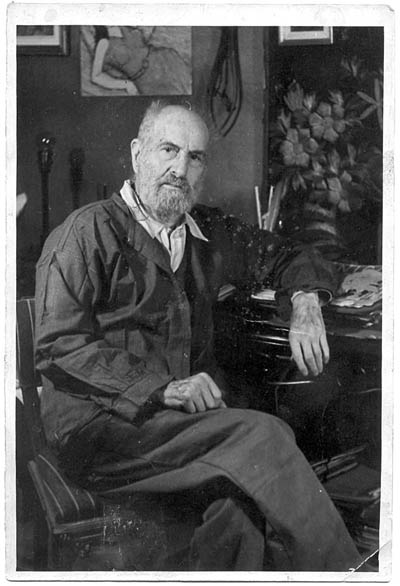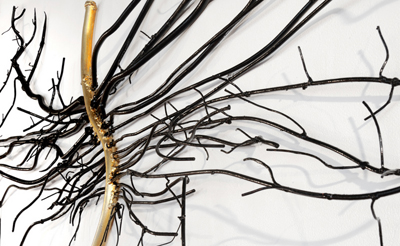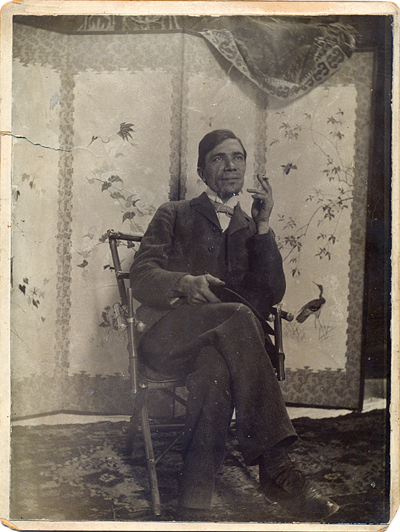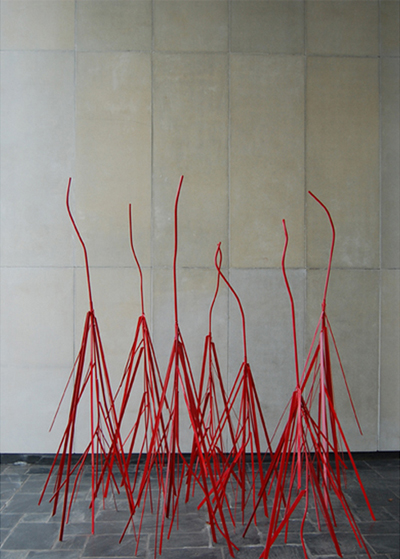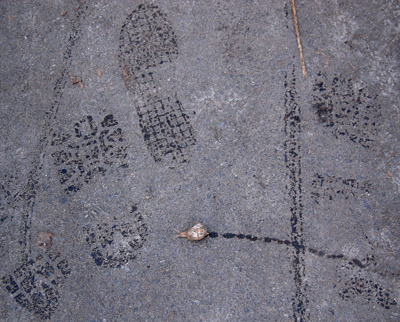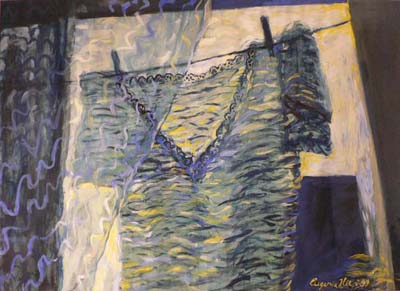BEYOND TRUMPOPHOBIA
luni 14 nov. 2016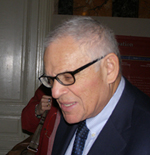
On November 17, when the Prime Minister of Japan Abe Shinzo, will meet Donald Trump, the inevitable “normalization” of the new President will start in earnest. Trump has declared that Japan should spend more on defense to share the burden of containing China more evenly, but there will be no rude demands. At the very most, at the next summit , or the one after that Trump might suggest that a greater Japanese effort would be welcome. Because Abe has actually done much to strengthen Japan and do more for the alliance, the two leaders will find an understanding easily enough.
As for China and its maritime expansionism, Trump’s other policies matter more than his China policy in itself: he wants to disengage from Afghanistan and Iraq and to reach agreements with Putin over Syria and the Ukraine. That would release US military resources for the containment of China, providing the means for a more muscular response. Obama’s White House staff kept refusing US Pacific Command suggestions for „Freedom of Navigation” patrols in the hope that verbal persuasion would do it –National Security Advisor Susan Rice was quoted as saying that China was “shapeable” a.k.a malleable, as it were a very small country with not much of a history. Trump is unlikely to share such illusions, and he would not stop US Pacific Command from doing its job of keeping the sea lanes open.
If Trump’s Russia policy is successful, it will reduce tensions, and the need to reinforce the forces of the NATO alliance. But subject to that, Trump has said many times that he will press for more fairness in burden-sharing by NATO’s richest members. Some in Europe have already said that any such attempt by Trump would instead prompt the establishment of Europe’s own united armed forces, finally overcoming objections from all side. That would indeed be a curious response, because it would mean spending very much more than Trump would ask for. The more likely outcome is that Trump will get his increases.
No distinctive Europe policy is likely to come from Trump. His vocal support for Brexit clearly showed his Euro-skepticism. Like an increasing number of Europeans he must view the European Union as a failed experiment, and the Euro monetary system as destructive of economic growth. On the other hand no American president can say much on the subject once he is in office, and he can do even less. Yet even a silent Trump will encourage Euro-skeptic politicians everywhere, perhaps tipping the balance in some countries.
When it comes to Saudi Arabia, one might think that matters must go from very bad –their bitter quarrel with Obama over Iran—to worse, given that Trump has said many times that he views Islamist Islam as a hostile ideology. Saudi Arabia has the main source of that world-wide, followed by India (yes, secular India gives a tax exemption to the enormous Deobandi seminary that spawned the Taliban). But the Trump Administration will not start religious quarrels and will not abandon established diplomatic doctrine on sovereign immunity –violated by the „Justice Against Sponsors of Terrorism Act” just passed over Obama’s veto–that allows civil law suits against Saudi Arabia.
As against all this, there is something much more important: in his eagerness to reach a nuclear accord with Iran, Obama disregarded Israeli and Saudi security concerns –they are under attack by Iran every day–and treated their objections with icy contempt. By contrast, Obama’s officials acted like excited teenagers with their Iranian counterparts. The Saudis took it personally. Although Trump will not repudiate the Iran accords he so loudly criticized, his officials will not tolerate any deviations, and if the Iranian Revolutionary Guards try to humiliate Trump with naval provocations as they did with Obama, the US Navy will sink a small boat or two, and US-Saudi relations will be splendid once more.
For many it was Trump’s criticism of recent trade treaties that was most alarming. A belief in Free Trade is something of a religion, and that made Trump an apostate. Yes, no : Trump would not sanction the Trans-Pacific Partnership that is to remove many customs barriers, but that is as far as his apostasy will go : he will not withdraw the US from the Word Trade Organization, and he will not cancel any existing trade treaty, including the North American Free Trade Agreement he kept attacking during the campaign. On the other hand, Trump would certainly invoke the existing anti-dumping trade barrier provisions that his predecessors were very reluctant to use, for example to protect the US steel industry from the flood of Chinese steel. Look instead for fiscal measures to discourage US industries to migrate abroad. So yes, Wall Street was right to oppose him, and industrial workers were right to back him.
Articol scris pentru Foreign Policy

















